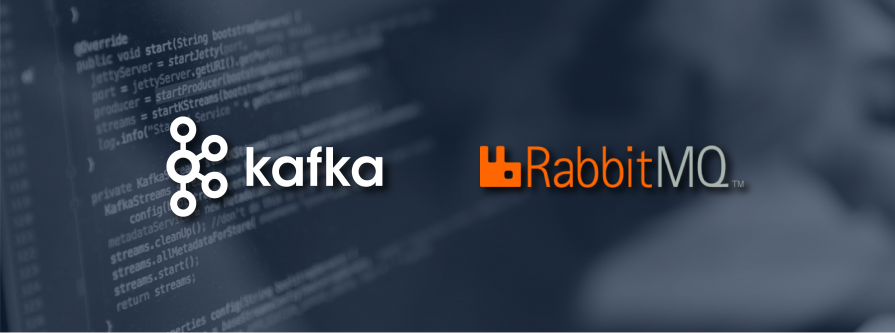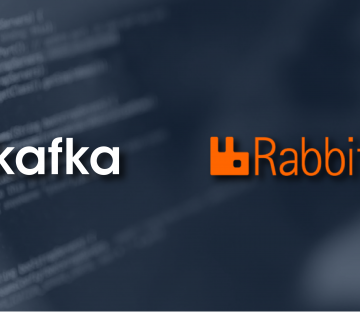6 items found: Search results for "non blocking" in all categories x


July 20, 2021 | Blog, Data Engineering, Kafka
Message and event-driven systems provide an array of benefits to organisations of all shapes and sizes. At their core, they help decouple producers and consumers so that each can work at their own pace without having to wait for the other – asynchronous processing at its best.
In fact, such systems enable a whole range of messaging patterns, offering varying levels of guarantees surrounding the processing and consumption options for clients. Take for example the publish/subscribe pattern, which enables one message to be broadcast and consumed by multiple consumers; or the competing consumer pattern, which enables a message to be processed once but with multiple concurrent consumers vying for the honour—essentially providing a way to distribute the load. The manner in which these patterns are actually realised however, depends a lot on the technology used, as each has its own approach and unique tradeoffs.
In this article we will explore how this all applies to RabbitMQ and Apache Kafka, and how these two technologies differ, specifically from a message consumer’s perspective.


January 26, 2017 | Data Engineering
Suppose you are given the task of writing code that fulfils the following contract:
This blog is written exclusively by the OpenCredo team. We do not accept external contributions.


June 24, 2016 | Software Consultancy
Akka has been designed with a Java API from the very first version. Though widely adopted, as a Java developer I think Akka has been mainly a Scala thing… until recently. Things are changing and Akka is moving to a proper Java 8 support.


November 1, 2015 | Microservices
To use or not to use hypermedia (HATEOAS) in a REST API, to attain the Level 3 of the famous Richardson Maturity Model. This is one of the most discussed subjects about API design.
The many objections make sense (“Why I hate HATEOAS“, “More objections to HATEOAS“…). The goal of having fully dynamic, auto-discovering clients is still unrealistic (…waiting for AI client libraries).
However, there are good examples of successful HATEOAS API. Among them, PayPal.


October 1, 2015 | Data Engineering
Akka Streams, the new experimental module under Akka project has been finally released in July after some months of development and several milestone and RC versions. In this series I hope to gently introduce concepts from the library and demonstrate how it can be used to address real-life stream processing challenges.
Akka Streams is an implementation of the Reactive Streams specification on top of Akka toolkit that uses actor based concurrency model. Reactive Streams specification has been created by the number of companies interested in asynchronous, non-blocking, event based data processing that can span across system boundaries and technology stacks.


August 5, 2015 | Data Analysis, Data Engineering
A few weeks ago, we thought about building a Google analytics dashboard to give us easy access to certain elements of our Google Analytics web traffic. We saw some custom dashboards for bloggers, but nothing quite right for our goal, since we wanted the data on a big screen for everyone in the office to view.